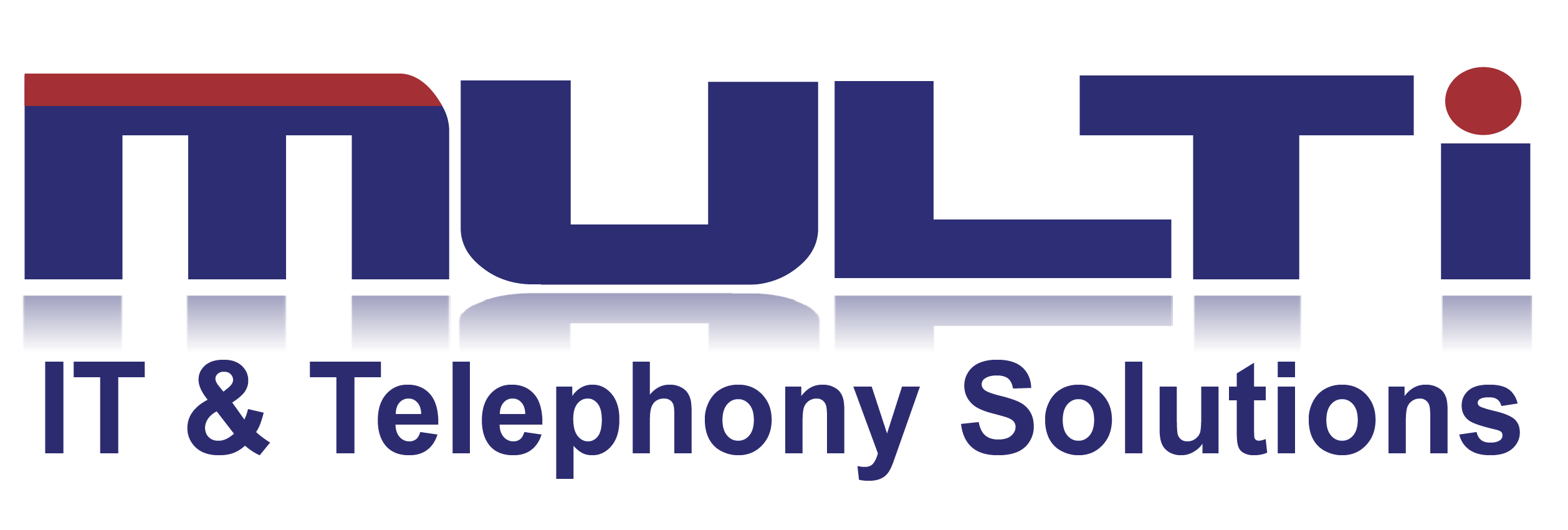[one_half padding=”0 5px 0 0″]
The only thing longer than the Load Shedding schedule is the list of damaged equipment and data loss we have seen from it. When Rolling Blackouts and Load Shedding occur, protecting your computer and network may not be on your list of priorities. However, Load Shedding damaged equipment is more common than you think. With the high demand on Eskom you may experience power outages, power spikes, and brownouts that could affect your computer system. Protect your computer, and the data held within it, by preparing yourself and your company for potential power issues by following 3 simple steps.
[/one_half]
[one_half_last padding=”0 0px 0 5px”]
[/one_half_last]1. Power spikes
Power surges, or power spikes, are sudden increases in voltage. For example, when lightning strikes close to your home or business, you may experience a power surge. A power surge can cause damage to your computer’s fuses and circuits. One of the simplest ways to protect your data is to invest in a quality power surge protector. This will protect the devices and circuits in your home. Plug all your computer equipment into a surge protector to avoid this common hassle.
2. Power outages
Power outages are often hard to predict. Inclement weather, short circuits, and power station issues may all result in the loss of electrical power outages. If you are using your computer at the time of the outage, your settings may not be saved. Any data inputted into software programs, such as Microsoft Word or Excel, after your last save of the document is likely lost. Therefore, it is critical to save your work early and often.
3. Brownouts
Brownouts, also known as voltage sags, occur when the power supply to the computer system is lower than the demand required to properly power the equipment. The lowered voltage often causes computers to shut down or malfunction.
Installing an uninterruptible power supply (UPS) is an efficient way to protect your data against brownouts and surprise power outages. The system keeps your computer running for a few extra minutes while you save active data. Then, you can safely shut down equipment without harm to the devices or loss of data. The UPS is often used as a battery backup system for a PC.
Even with the installation of a generator a UPS is highly recommended to prevent the brief power outage where your data is lost and equipment is damaged until the generator kicks in. With Power Outages and Load Shedding a common weekly occurrence a proper plan needs to be put in place to minimize the damage caused. Contact Us for more information on how you and your company can better prepare your IT infrastructure for the next Power Outage.

